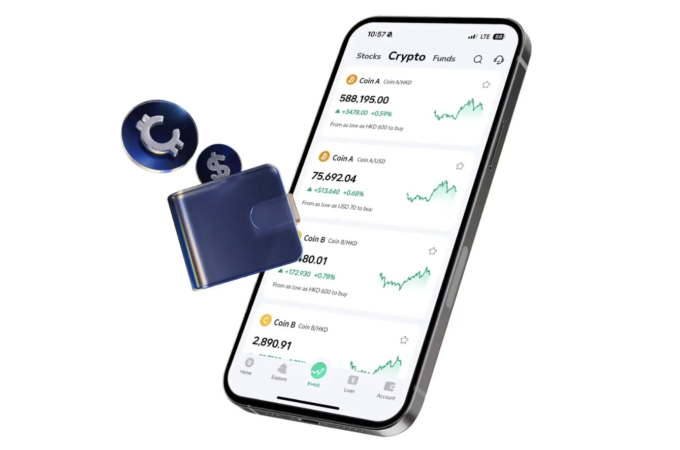
Hellenic Bank launches API public beta
By Hellenic Bank,
In a short period of time, Hellenic Bank has managed to establish a reputation for its innovation-oriented initiatives and has gained a position on the world stage. We have now stretched beyond the realm of traditional banking to lead the way in reimagining financial services through API Banking.
Open APIs (Application Programming Interfaces) act as the messenger between systems to provide seamless, real time communication amongst different applications. These APIs are built explicitly for open ecosystems (internal or external) and not for closed private networks.
Open banking is an emerging trend in financial technology (FinTech); one based on using APIs that enable third party developers to build applications and services around a financial institution (FI). This facilitates greater financial transparency and helps FIs innovate and create new revenue models. Open banking has been gaining significant momentum across the globe, especially in the European banking industry, driven by changing regulatory mandates.
The EU appears to have identified Open Banking as one possible solution to an area of sluggish innovation and market development that seems to be holding back the competitiveness of its trading bloc. PSD2 is the regulatory intervention that is introducing Open Banking; and will compel banks to connect their digital assets to regulated entities outside their organizations through an API layer.
Customers are re-defining their expectations, taking their cues from other industries that offer multichannel access, product simplicity and seamless integration. At Hellenic Bank we always look to the future on how we can improve our service offering. Open APIs will make it possible to integrate FinTech innovations to enhance consumer engagement and improve customer service.
It is no longer a matter of whether FinTech startups or banks will win a fight against each other. Instead, it is subject to which companies will use the right combination of APIs to create something that consumers really want. “Any bank that wants to truly succeed will need a digital strategy based on open APIs and Platform Thinking”, says Natasha Kyprianides Group Head of Digital Banking & Innovation, Hellenic Bank.
API-based Banking enables partners to benefit from banking as a service (BaaS) and unlock new business models. The BaaS-platform enables non-banks to quickly deploy financial products without having to deal with banking regulation and set-up requirements. Third party developers will simply need to ask users for their consent to connect a customer’s bank information and transactions into their apps. As a result, FinTechs are able to focus on core activities and international expansion making their services faster, more precise, and broadening their scope.
API Banking has also empowered Hellenic Bank to provide transaction-processing services to the ERP of our corporate customers through this secure channel.
“We are fostering this revolution through partnerships, open innovation and co-creation to form an ecosystem of third-party applications. Our open APIs act as the entry-point to our underlying technology, products and services. Third party developers that will choose to team up with us will be able to build their own digital bank delivered in an app (mobile/web), integrate our products/services into third-party platforms and design bespoke experiences. This new channel will act as a win-win business model for both the bank and partners by making it faster and cheaper for FinTech startups and challenger banks to launch”, Mrs Kyprianides states.
Hellenic Bank has developed and provides the following six open APIs that are compliant with the PSD2 regulation:
Authentication
Single Payments
Single Payments in Rubles
Mass Payments
Mass Payments in Rubles
Account Reporting
API Banking is available through a dedicated microsite to provide the necessary accessibility and guidance on the 3-step process. Developers can use it as follows:
Discover our open APIs and explore how they work by using the detailed documentation that is readily available without having to contact anyone at the bank Experiment in a dedicated Sandbox environment, by utilizing the tools to execute an idea, simulate, prototype and test it to see how it’s going to work Go Live (launching soon) by connecting apps to the live environment – after undergoing an approval process – to start executing and tracking real transactions.





